Venezuelan President Nicolas Maduro’s war on social media
- Update Time : Friday, August 9, 2024
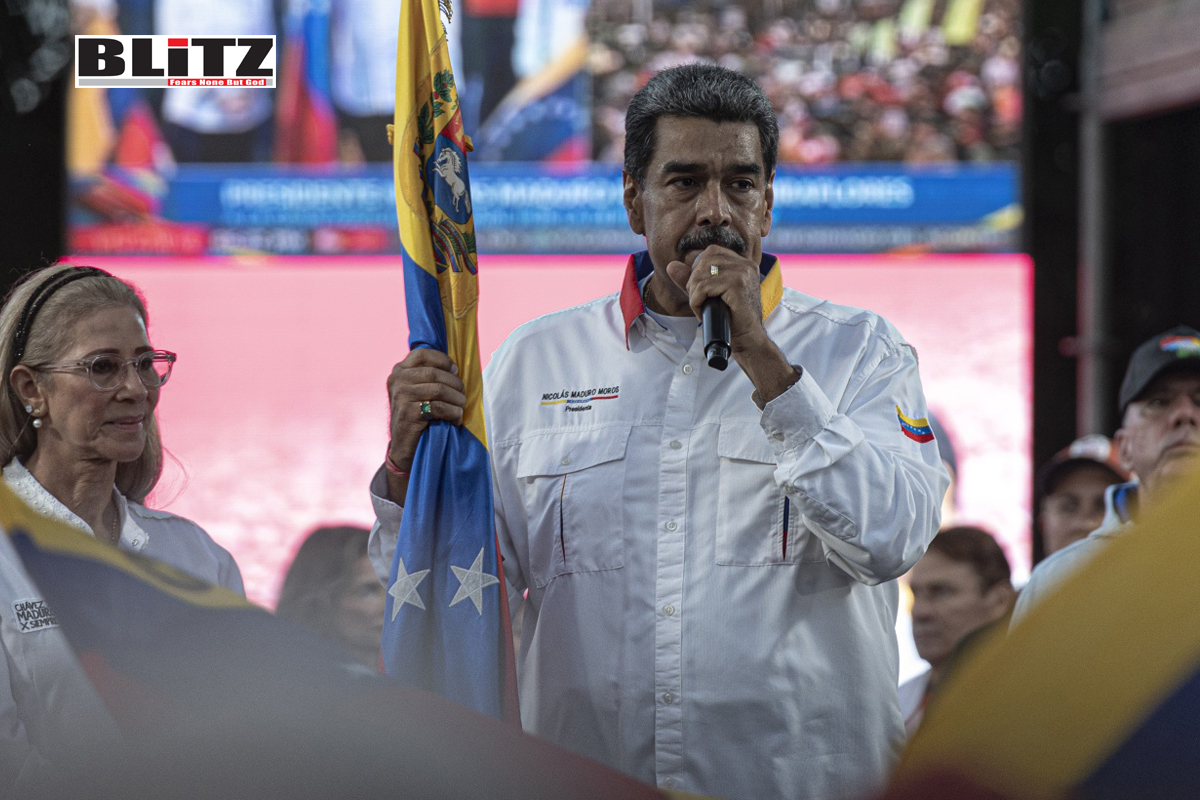
In an unexpected turn, Venezuelan President Nicolas Maduro has shifted from a regular user and promoter of social media to its staunch critic. This dramatic change of heart stems from the platforms’ pivotal role in disseminating footage and information about the massive protests that erupted following his controversial reelection. The protests, fueled by allegations of electoral fraud, have exposed the tension between government control and the freedom of information in Venezuela.
On July 28, 2024, Nicolas Maduro was declared the winner of the presidential election, securing 52 percent of the vote. His main rival, Edmundo Gonzalez Urrutia, who claims victory, insists he has substantial evidence to prove government fraud. The election results triggered widespread protests, resulting in at least 24 deaths and approximately 2,000 arrests, according to human rights organizations and official government reports.
Social media platforms have become the battleground for the dissemination of information and the organization of protests. Hashtags such as #fraud, #VenezuelaLibre, and #HastaElFinal (“Push to the end”)-the latter being the rallying cry of opposition leader Maria Corina Machado—dominated the X network (formerly Twitter). Conversely, pro-Maduro hashtags like #GanoMaduro (MaduroWon) were also prevalent.
The demonstrations, particularly in poorer neighborhoods, were extensively covered on social networks. Traditional media, on the other hand, remained largely silent due to alleged censorship and self-censorship, highlighting the crucial role that social media plays in modern political movements.
Maduro has labeled the social media content as promoting “hate,” “fascism,” “division,” and “threats.” He accused platforms like TikTok and Instagram of being complicit in what he termed a “criminal cyber-fascist coup d’etat.” He went further, accusing Elon Musk, owner of X, of orchestrating attacks against Venezuela and being behind a “massive hack” of the National Electoral Council (CNE) system—a claim that remains uninvestigated.
In a rally at the presidential palace in Miraflores, Maduro announced his intention to sever ties with WhatsApp, a messaging app owned by Meta, which also owns Facebook and Instagram. “WhatsApp is being used to threaten Venezuela, so I’m going to delete my WhatsApp from my phone forever,” he declared, calling for a “voluntary, progressive and radical” withdrawal from the app.
Maduro’s government is considering regulatory measures to curb what he describes as the promotion of hatred and division on social media. In his program on state television, he uninstalled WhatsApp live on camera, a dramatic gesture aimed at showcasing his commitment to this cause. The potential regulation of social media raises concerns about further restrictions on freedom of expression and the flow of information in Venezuela.
Digital security expert David Aragort from the NGO Redes Ayuda pointed out that such measures are not unprecedented. He referenced Cuba’s temporary block on WhatsApp during massive protests in 2021 as a potential model for Venezuela. The implications of such actions could be far-reaching, impacting how Venezuelans communicate and organize.
Maria Corina Machado, a prominent opposition leader banned from television and radio stations in the country, relies heavily on social media to communicate with her supporters. From hiding, she denounced the government’s attempts to intimidate and isolate the opposition. “They want to intimidate us so that we don’t communicate because if we’re isolated, we’d be much weaker, and that’s not going to happen,” she asserted in an audio broadcast on social media.
Machado’s use of social media highlights its critical role in circumventing government censorship and mobilizing support. Videos of the protests and messages opposing Maduro circulated widely on these platforms, offering an alternative narrative to the government’s official stance.
This is not the first time Maduro has criticized social media. In 2022, he condemned social media campaigns for promoting “division and hatred.” Despite this, he has been an active user and promoter of these platforms. During his reelection campaign, he recorded exclusive content for TikTok with his wife, Cilia Flores, and broadcast his rallies live on X, Instagram, and YouTube. His accounts on these platforms remain active, underscoring the complex relationship between the Venezuelan government and social media.
Maduro’s recent actions and statements signal a potential crackdown on social media in Venezuela. The government’s desire to regulate these platforms could lead to increased censorship and restricted access to information. This would have significant implications for the country’s political landscape, where social media has become a vital tool for organizing protests and spreading dissent.
Digital security expert David Aragort emphasized the importance of these platforms in providing information that traditional media does not. “Users have used this platform as a window to inform themselves and others about what is happening in the country,” he said. The live broadcasts and real-time updates on social media offer a stark contrast to the silence of traditional media under government pressure.
The clash between Nicolas Maduro’s government and social media platforms reflects the broader struggle for control over information in Venezuela. As protests continue and allegations of electoral fraud persist, the role of social media in shaping public opinion and organizing dissent remains crucial. The potential regulation of these platforms poses a significant threat to freedom of expression and the ability of Venezuelans to communicate and mobilize.
Maduro’s war on social media, driven by the platforms’ role in exposing the contentious election and fueling protests, highlights the delicate balance between government authority and the freedom of information in the digital age. As the situation in Venezuela evolves, the impact of these actions on the country’s political and social landscape will be closely watched by both supporters and critics of the government.


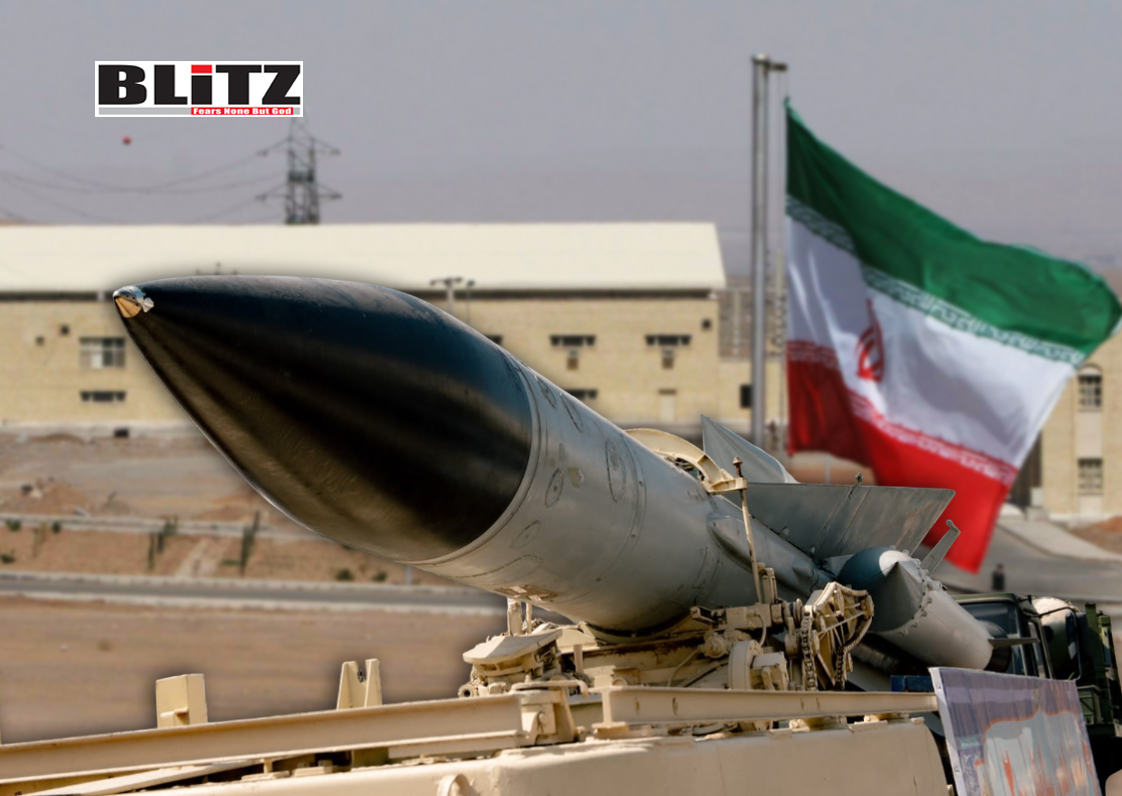
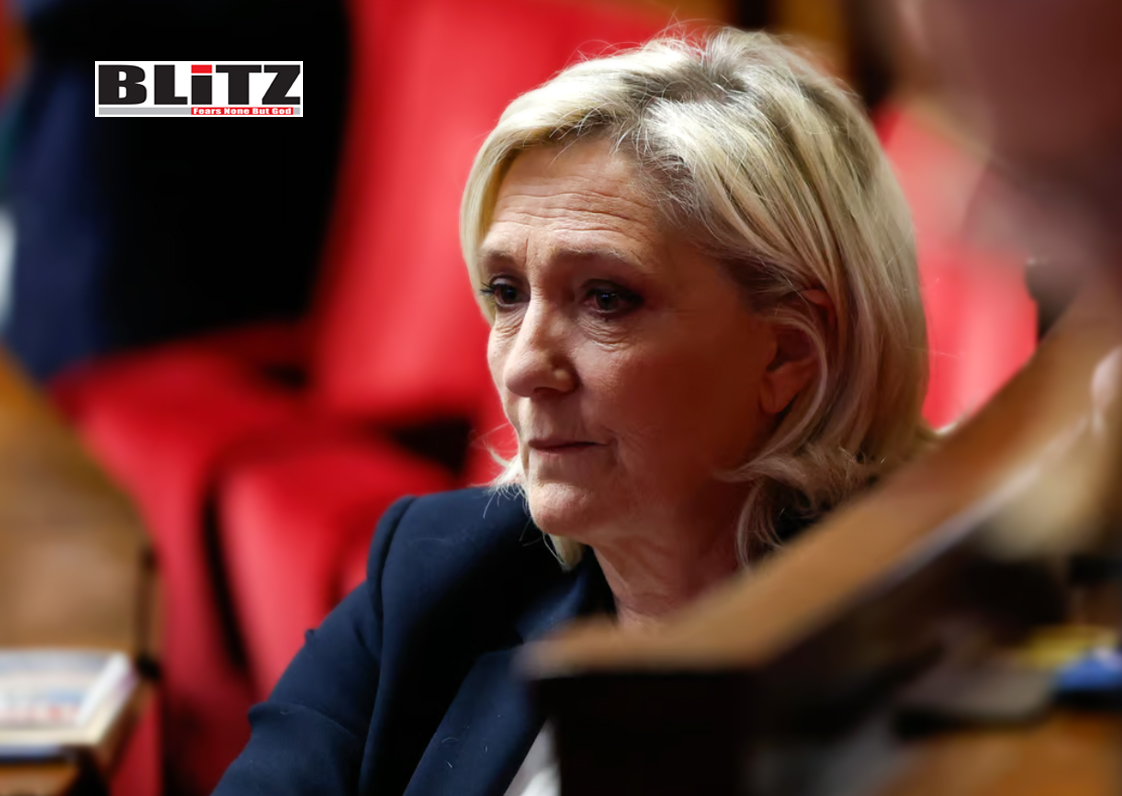
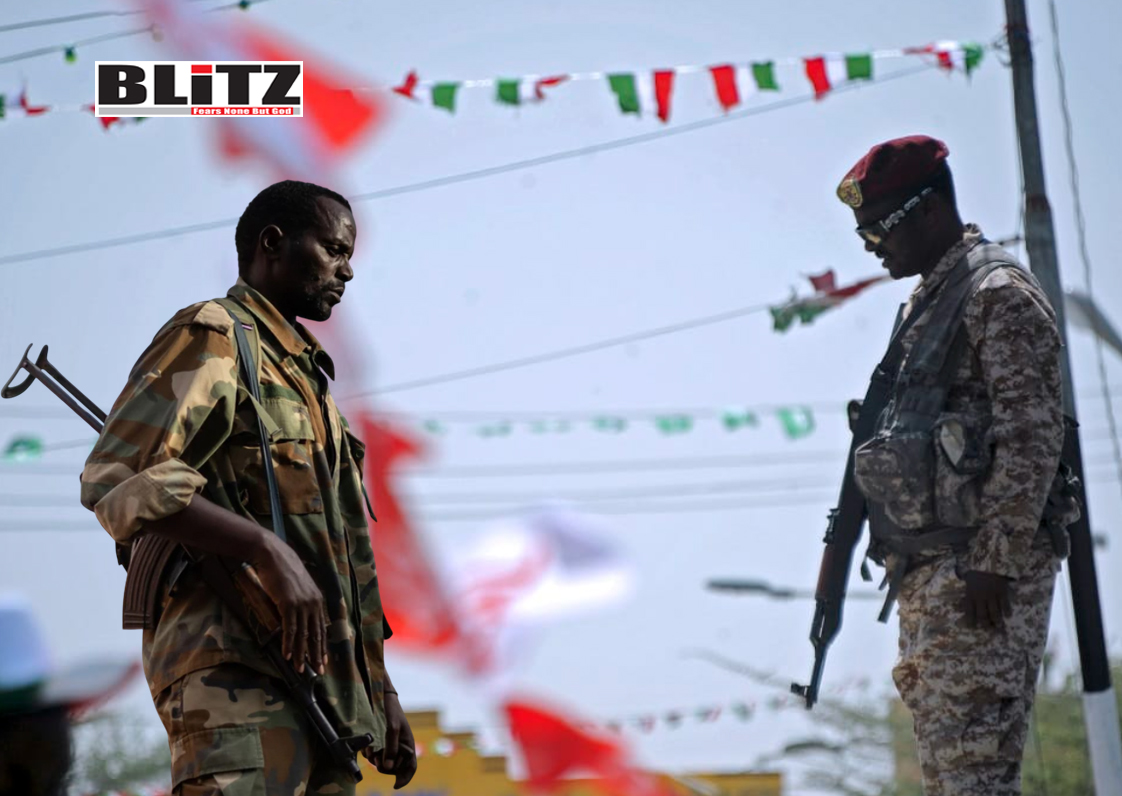
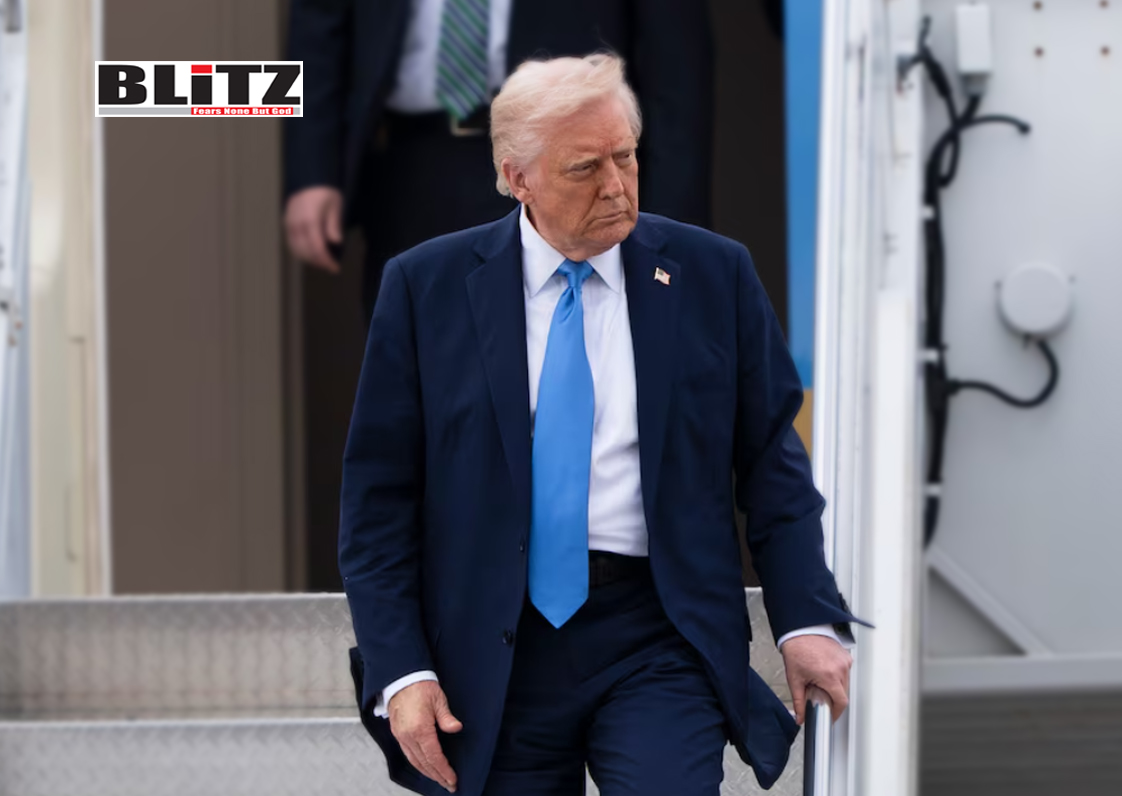
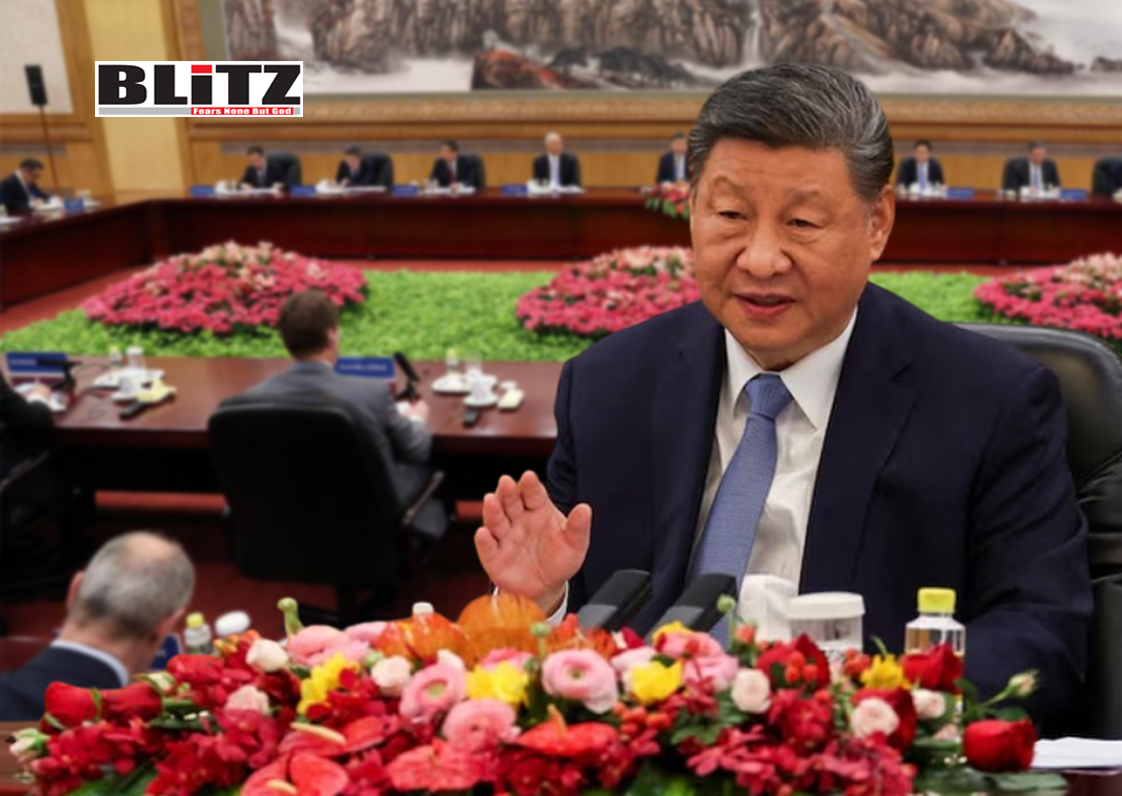
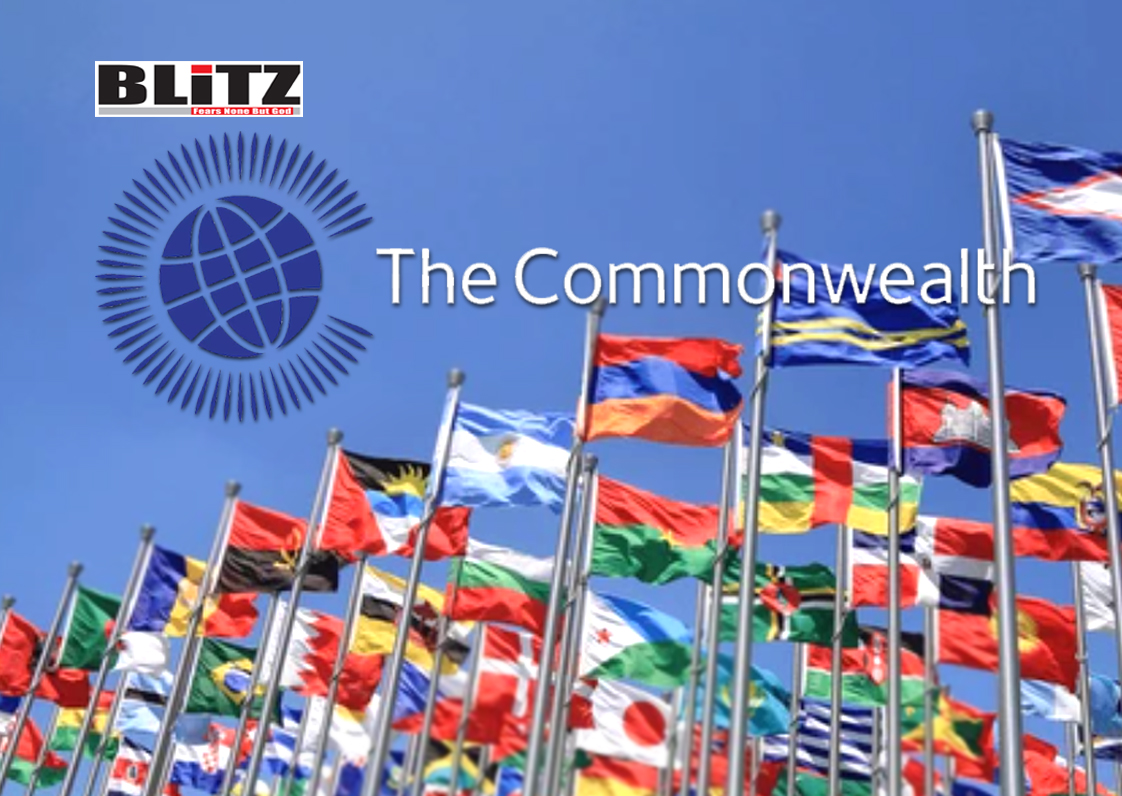
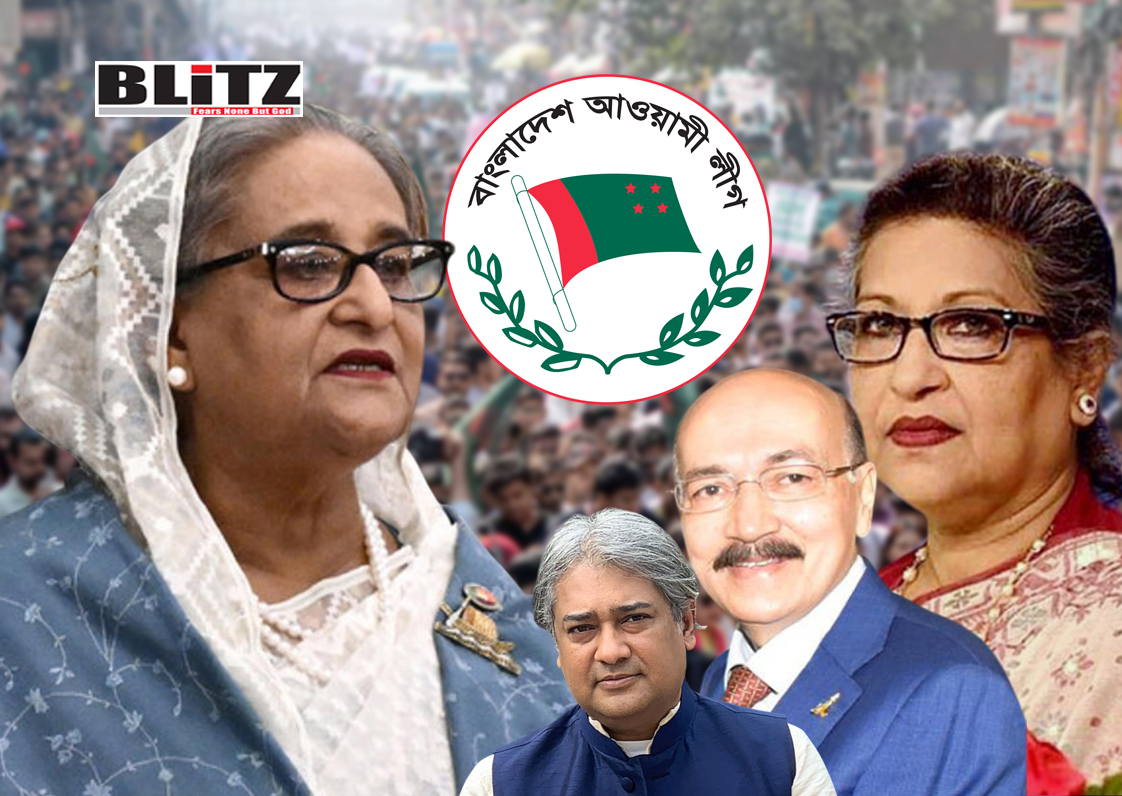
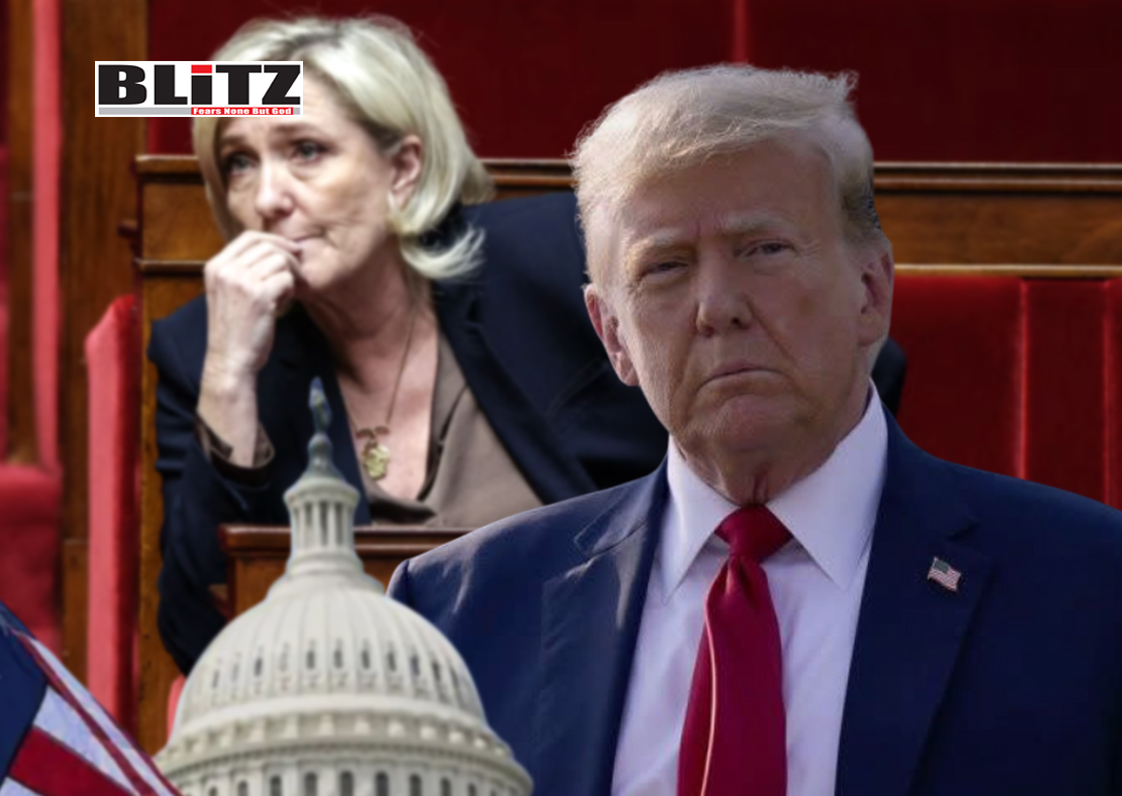
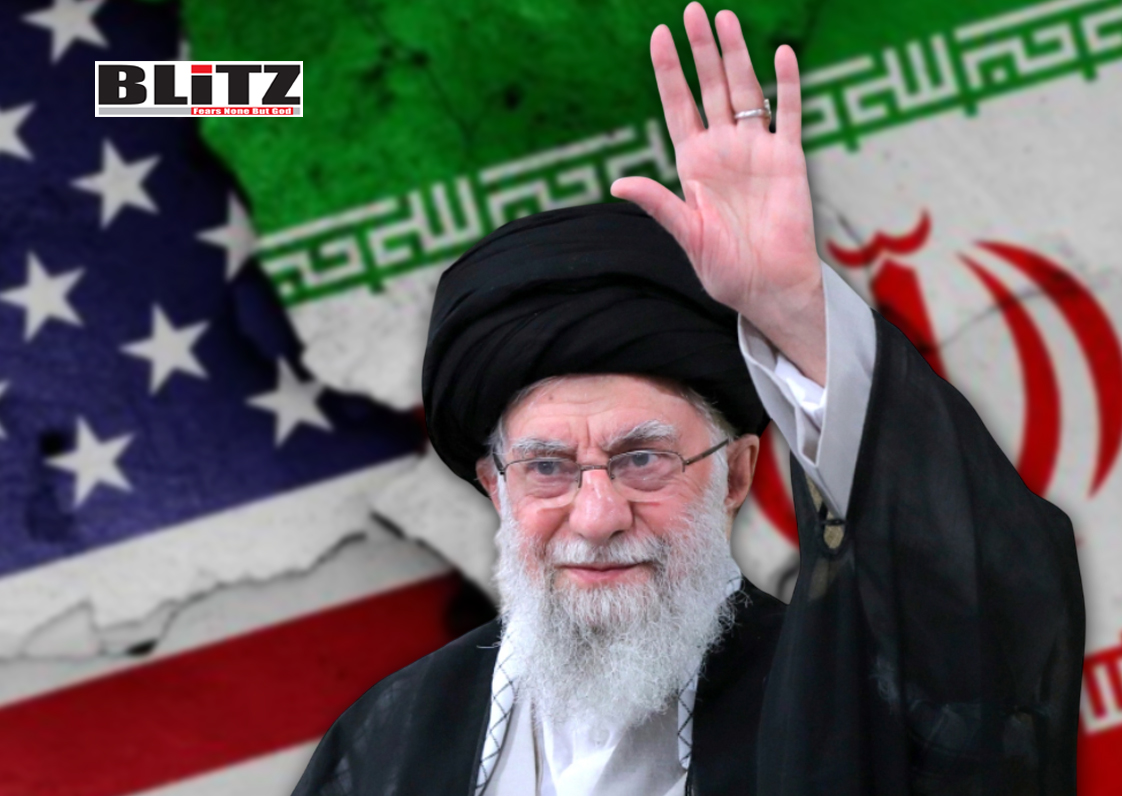
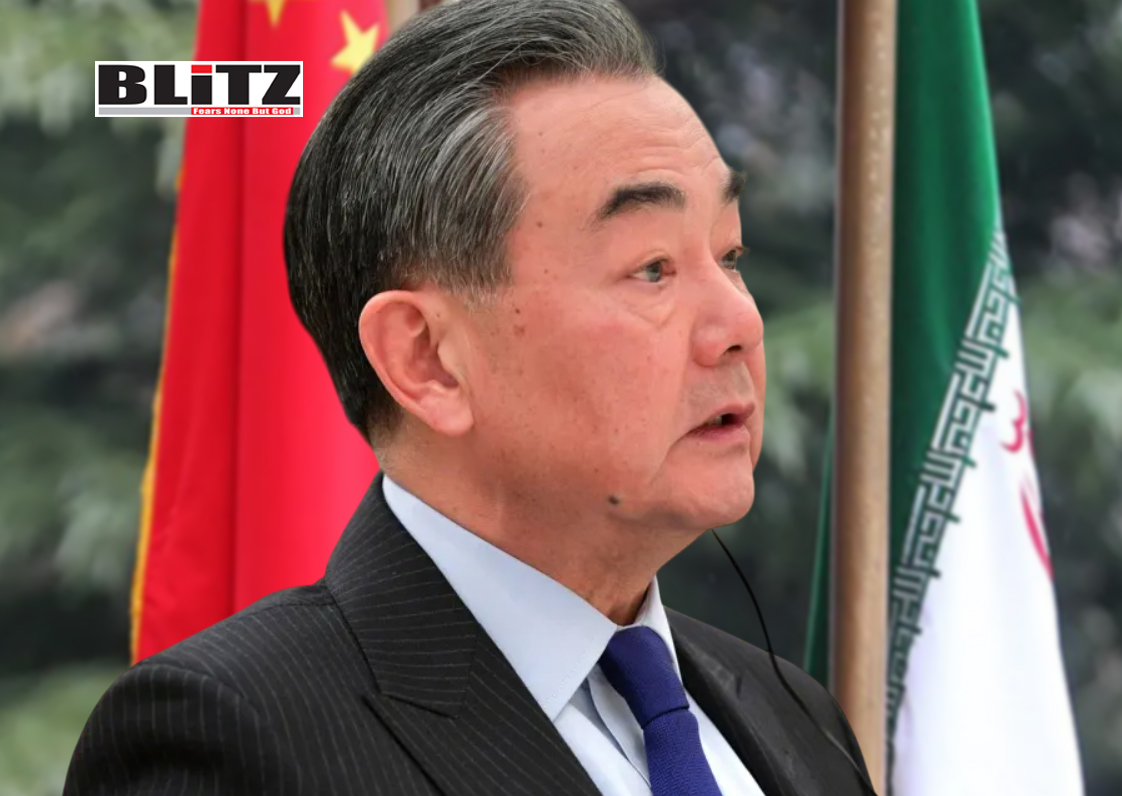
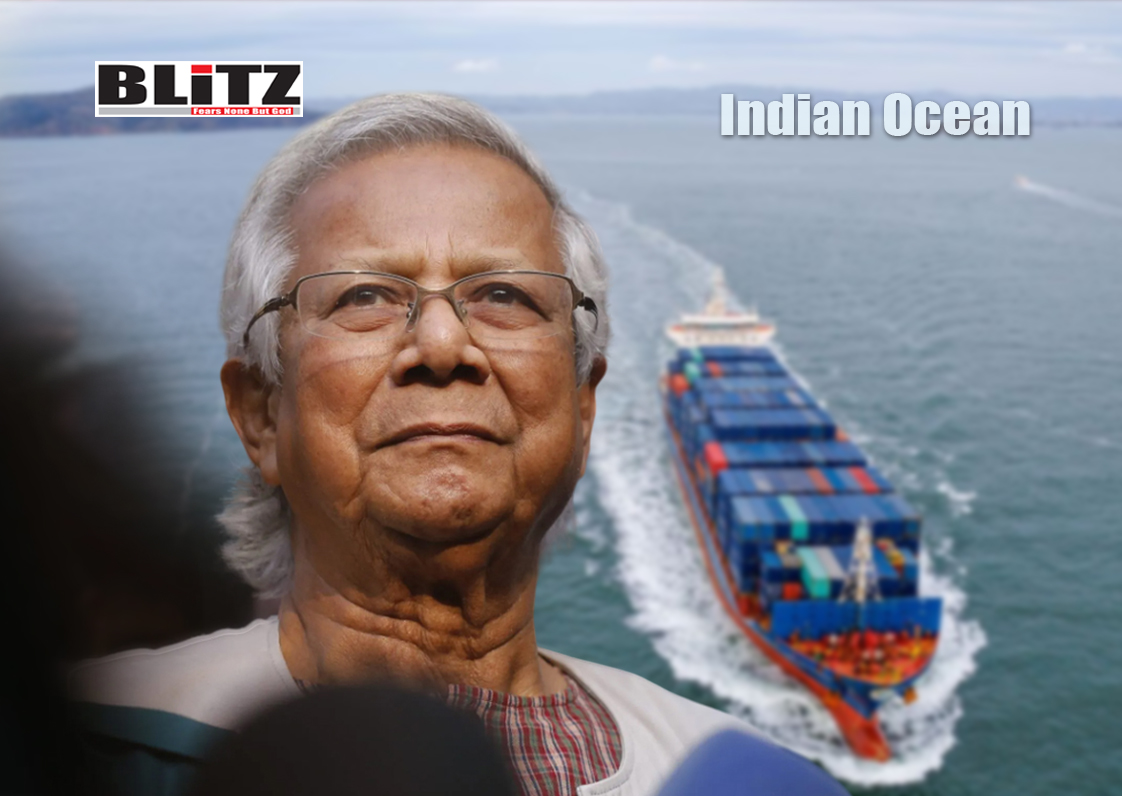
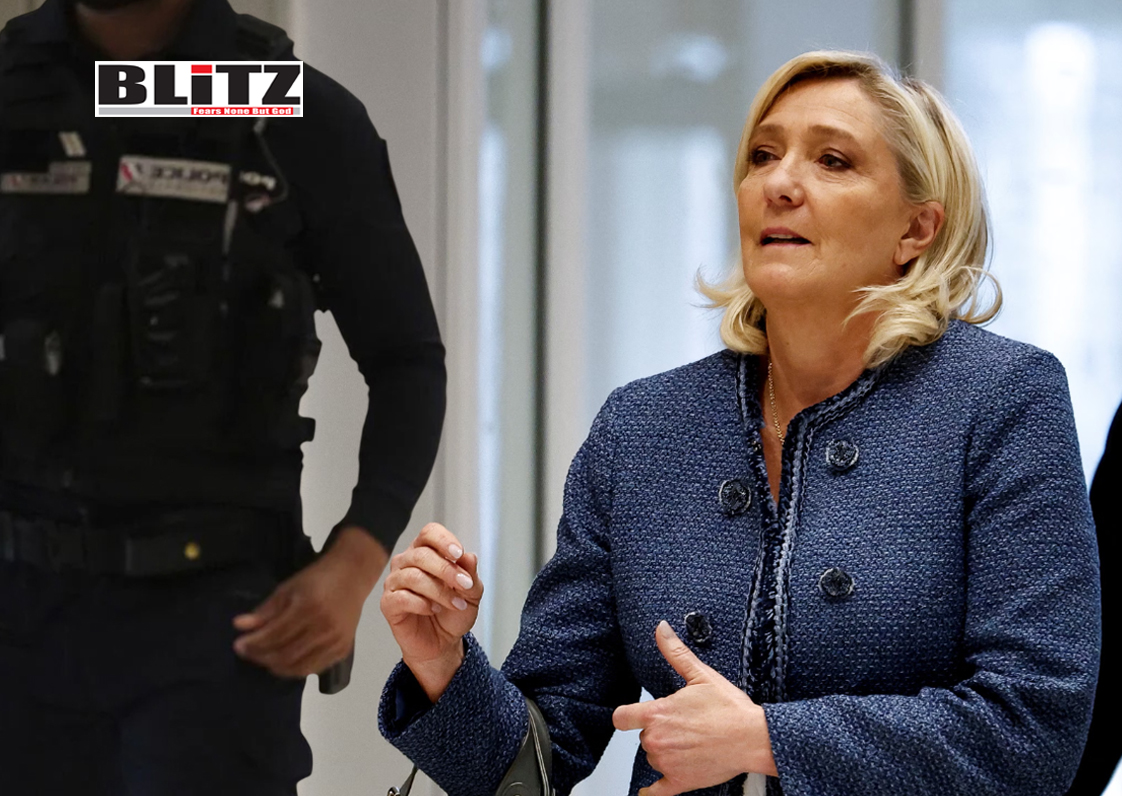
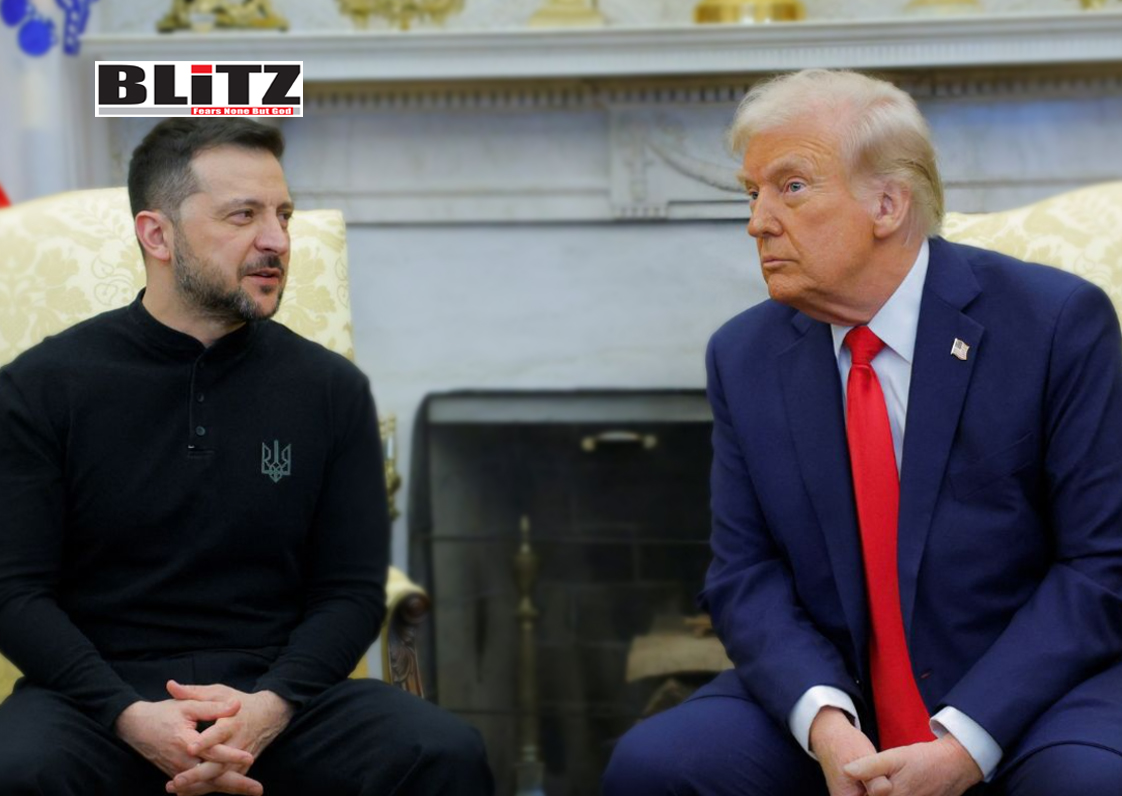
Leave a Reply